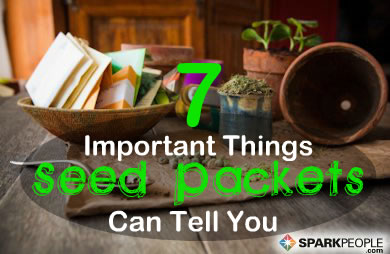|
If you believe the song lyrics, soap operas and romantic movies, loving another person more than you love yourself––or life itself––is enviable, even desirable. But what that sentiment actually refers to is codependency, defined as a relationship in which one person (or sometimes, both) loves the other to such a degree that they exclude their own needs, wants and desires. “A small amount of codependency is normal,” explains Tracy Prout, PhD, assistant professor of psychology at the College of Mount Saint Vincent in Riverdale, New York, and a therapist in private practice in Manhattan. “Sacrificing your own needs in moderation, or temporarily, can be good for a relationship.” It’s when you are totally out of touch with your own needs and feel that your partner "completes" you that your behavior can imply something unsettling: that you're not OK on your own. Read on to learn what you need to know about codependent relationships, how to figure out if you need help and where to find it. How Do You Become Codependent? No one just wakes up one day, looks at her partner and thinks that his happiness is more important than her own. Not surprisingly, in many cases, codependency has its roots in childhood. “Research suggests that codependents have a history of neglect,” says Dr. Prout. “Being abandoned as a child is not necessarily a direct cause, but it does seem to be connected.” Adds Edythe Denkin, PhD, certified marriage counselor and author of Relationship Magic, “When your feelings have been discounted all your life, you end up choosing a partner who will discount your feelings without even being aware of it.” You may be at risk of landing in a codependent relationship if you grew up with parents who: • Neglected or ignored you • Were self-centered and/or narcissistic • Were substance abusers or addicts • Were clinically depressed • Were so controlling of everything you did that your own desires and feelings didn’t seem to matter Though kids from these types of dysfunctional families don’t always end up in codependent relationships, what can happen is that they become “parentified,” says Dr. Prout. “They eventually develop the habit of either parenting themselves or parenting their parents.” In the case of substance-abusing parents, for example, these kids may be accustomed to cleaning up after a parent or making excuses for them. “A parentified child becomes an adult who is never truly herself because she has never allowed herself to have her own needs,” she says. As a result these now grownup children tend to be attracted to people who, they feel, need them. What Does a Codependent Relationship Look Like? Ask yourself what you want out of life. If your answer is always qualified by what your partner wants, that’s a major red flag. So is beginning an answer to a friend who asks your view on something with: “Well, John thinks...” or “John says...” "Codependents are caring people; they just care beyond the bounds of reason,” explains Tina Tessina, PhD, psychotherapist and author of Money, Sex and Kids. In a codependent relationship, one partner is unable to say no or set boundaries that keep the relationship mutually respectful (for example, one partner makes all the decisions about vacations). This dynamic can continue for quite some time, but eventually exhaustion and resentment build up to a point that even the codependent partner can't stand, says Dr. Tessina. “When you are afraid to ask for what you want, you can’t have a healthy or lasting relationship,” says Dr. Denkin. “You can’t say anything without wondering if it will meet with your partner’s approval. You can’t express what you want or confide in the other person. Eventually, you end up living separate lives.” Another unhealthy aspect of codependency is how it spills over into other areas of your life, adds Dr. Prout. “It’s very hard for your friends to maintain an honest relationship with you if your problems remain the same yet you refuse to see how you might change them.” For example, you might complain to your friend that your partner isn’t faithful to you, yet you habitually make the problem about you, saying that you just need to change your own behavior to fix it. "After a while, friends get tired of not being able to help you,” says Dr. Prout. Find out what you can do to change your situation! Stories you might like:
Have you been in a codependent relationship? If so, what tips do you have for others that want to make changes to their codependent relationships? Provided photo |
More From SparkPeople
|












.jpg)

